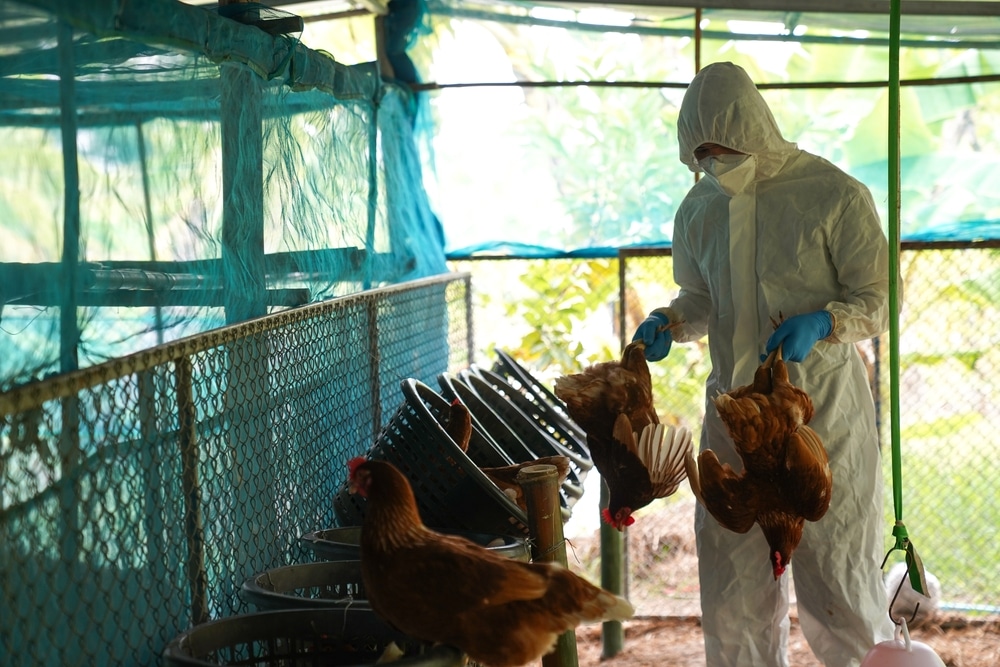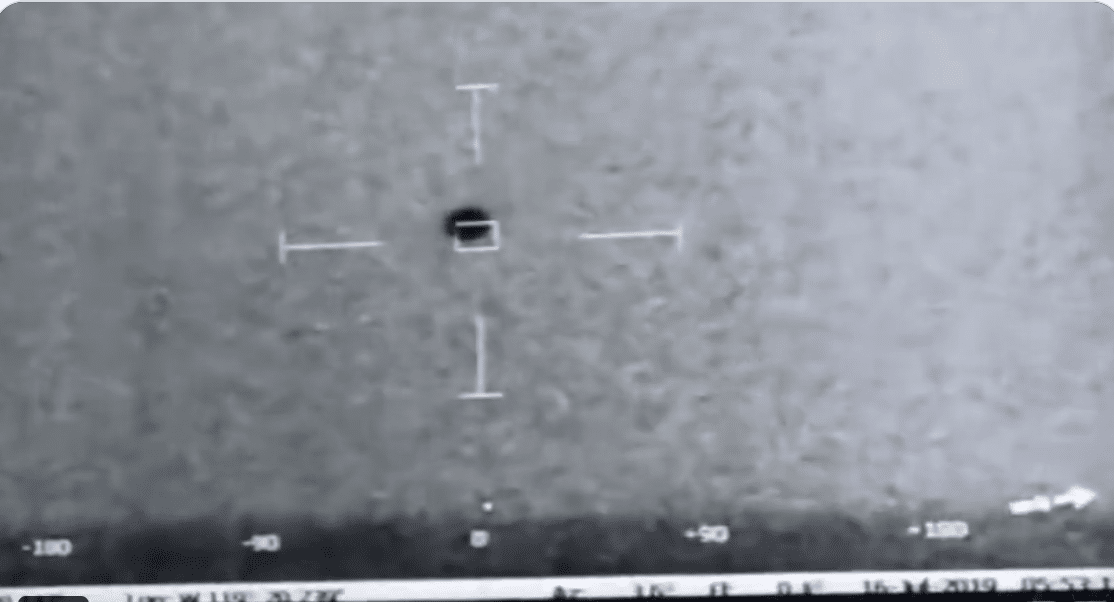There have been mice and cows and pigs and camels, bunnies and bantengs and ferrets and dogs, but ever since Dolly the sheep became the first cloned mammal in 1996, the list has had a conspicuous hole: primates. Now that hole has been filled. Scientists in China reported on Wednesday in Cell that they had cloned two healthy long-tailed macaque monkeys from the cells of another macaque, using the Dolly technique. The two clones, born 51 and 49 days ago, were created from a fetus’s cells; so far, the
scientists have not been able to make the tricky procedure work when they used cells from adult macaques. That would seem to postpone the dystopian day when cloning children and grown-ups becomes as mainstream as IVF. But because “the technical barrier [to cloning primates] is now broken,” co-author Mu-ming Poo of the Institute of Neuroscience in Shanghai told reporters, the technique “could be applied to humans” — something he said his team has no intention of doing and sees no reason for. Cloning pioneers said the monkey clones represented, as Dr. Robert Lanza put it, “an impressive breakthrough, which overcomes the last major hurdle in the field.” READ MORE


















